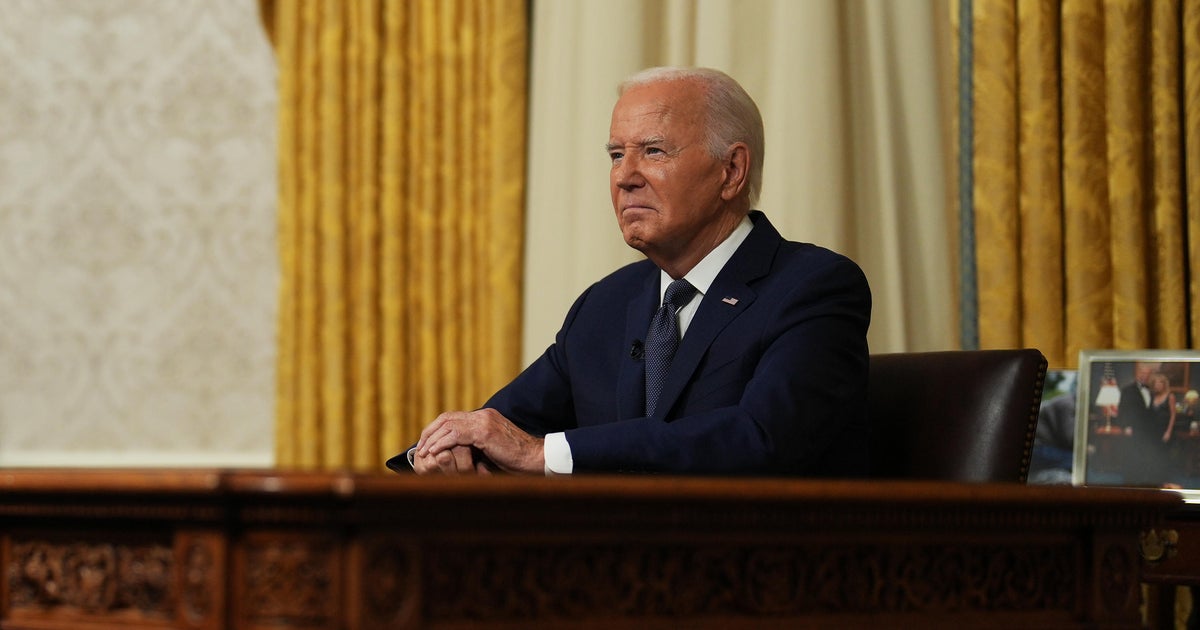Vermont governor vetoes marijuana legislation, saying, "We must get this right"
Vermont Governor Phil Scott announced his plans to veto current legislation that would allow recreational marijuana use in his state, citing necessary changes to how the law would penalize impaired drivers and protect public health.
Scott told reporters at his weekly press conference that while he personally does not object to the use of marijuana, he felt the legislation as it stands deserves a closer look.
Scott said that from his vantage point, the proposal does not adequately address public safety and health concerns yet.
"Policymakers have an obligation to all those who visit us to address health safety and prevention questions before committing the state to a specific timeline," Scott said.
Scott added that he is providing the legislature with recommended changes to the proposal, which include "aggressively adding more penalties" for marijuana use while driving.
"If they're willing to address concerns in a new bill, there is a path forward on this issue," Scott added. "But we must get this right."
Under the legislation, small amounts of marijuana would be legal to possess and grow for those over the age of 21 years old. The bill passed in both the state House and Senate two weeks ago.
Vermont, which would be the ninth state to legalize marijuana, would become the first in the nation to do so through a state legislature, something Scott says represents a shift in societal norms.
"Generally, I view it through the lens of a libertarian, I believe what adults do behind closed doors and on their own personal property is their own choice so long as it doesn't negatively impact the health and safety of others."
Eight other states and the District of Columbia currently have legal marijuana measures in place, and nearly 20 states have bills pending on the issue.
Scott told reporters that the original goal -- enacting legislation by July of 2018 -- could still be a reality if the legislature works on the recommendations put forth on Wednesday.
"The vast majority would like to see some sort of implementation. Some Vermonters don't care but realize we're going down the road, and it will happen at some point," said Scott. "Many are using the substance now, and this would allow that to continue without it being a civil offense. But at the same time, moving forward, it would provide certainty we'd protect the most vulnerable -- our kids and those on the highway."



